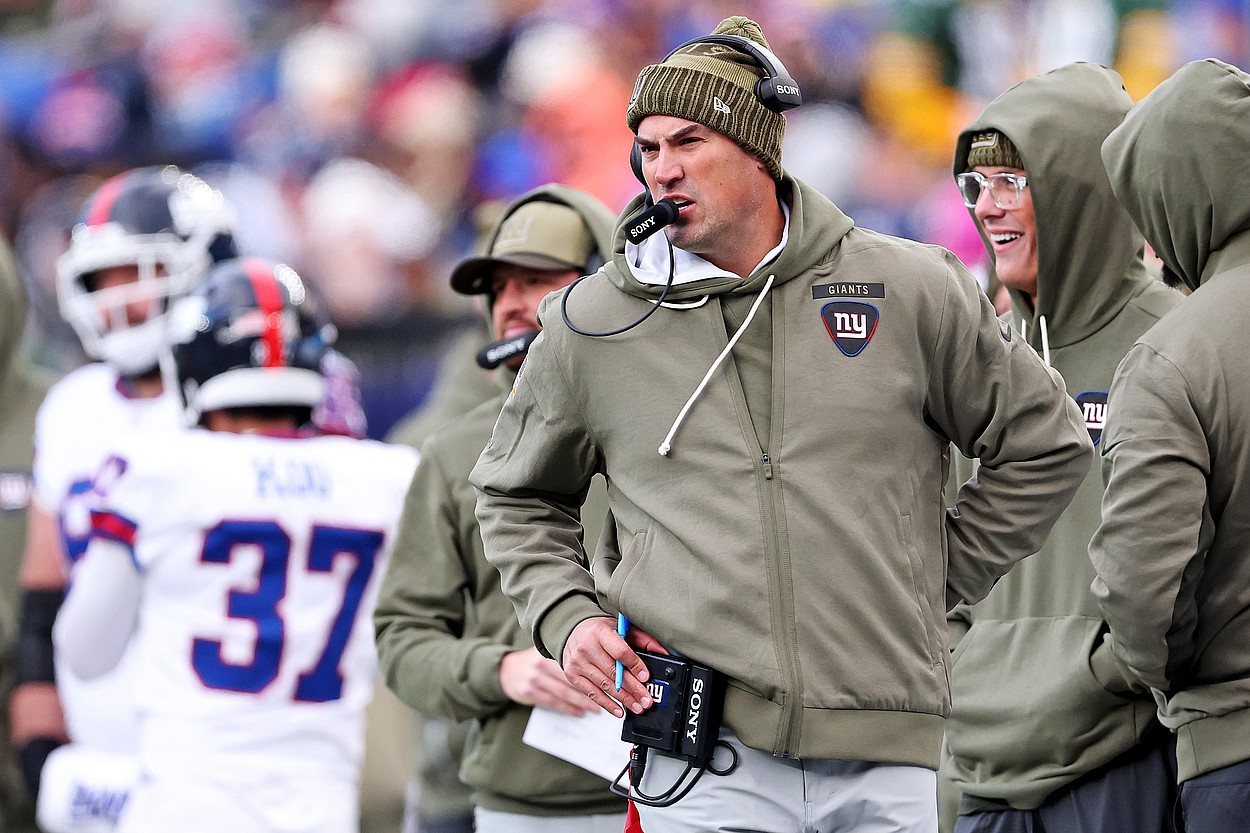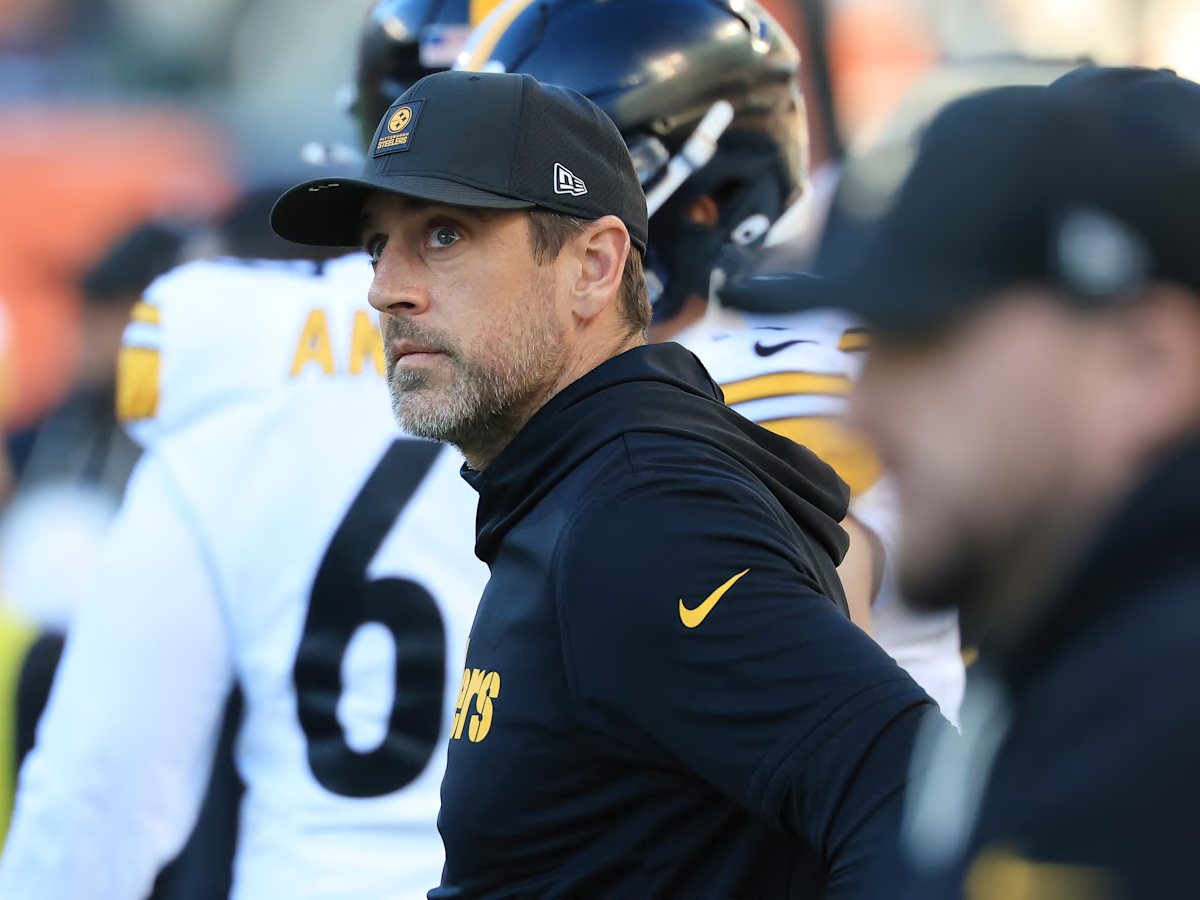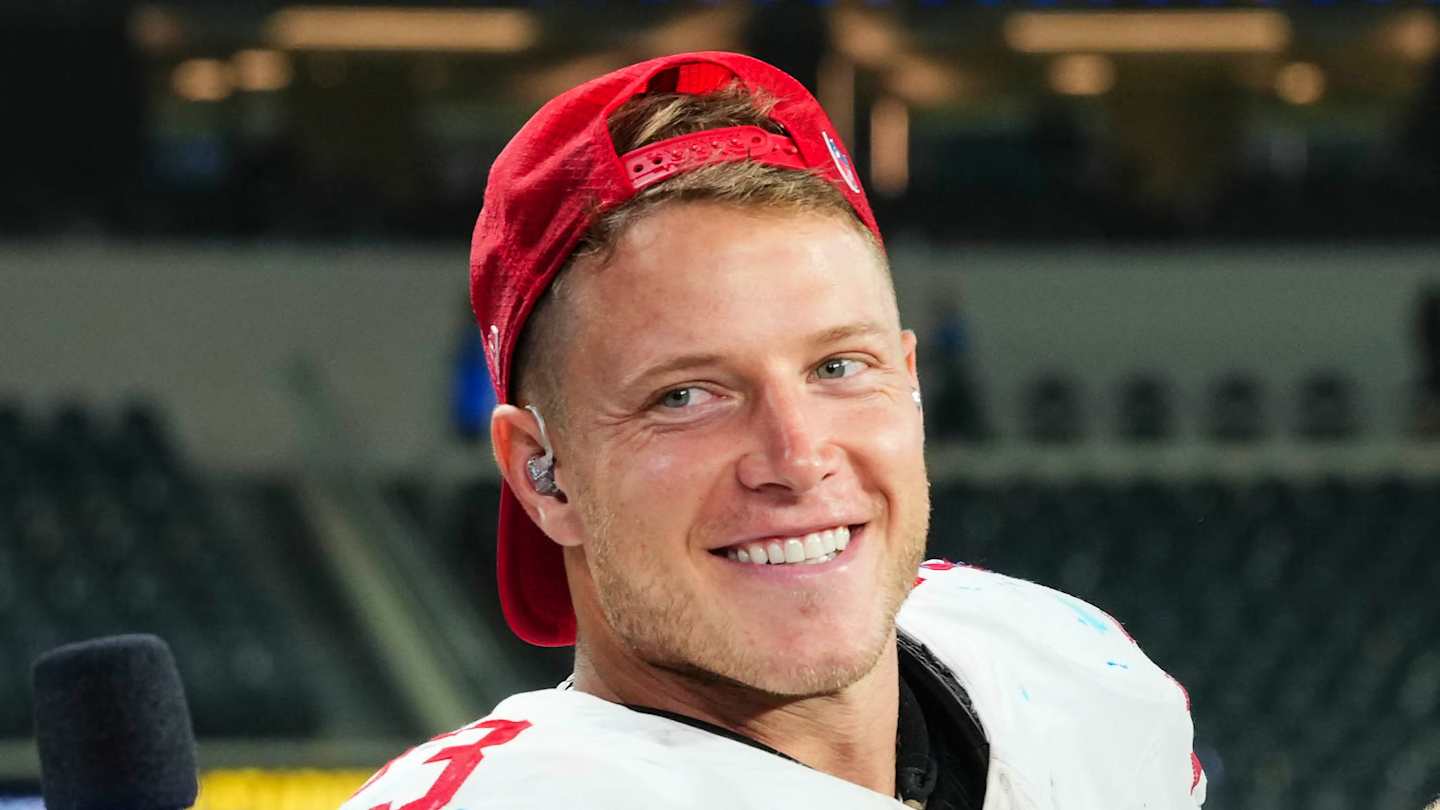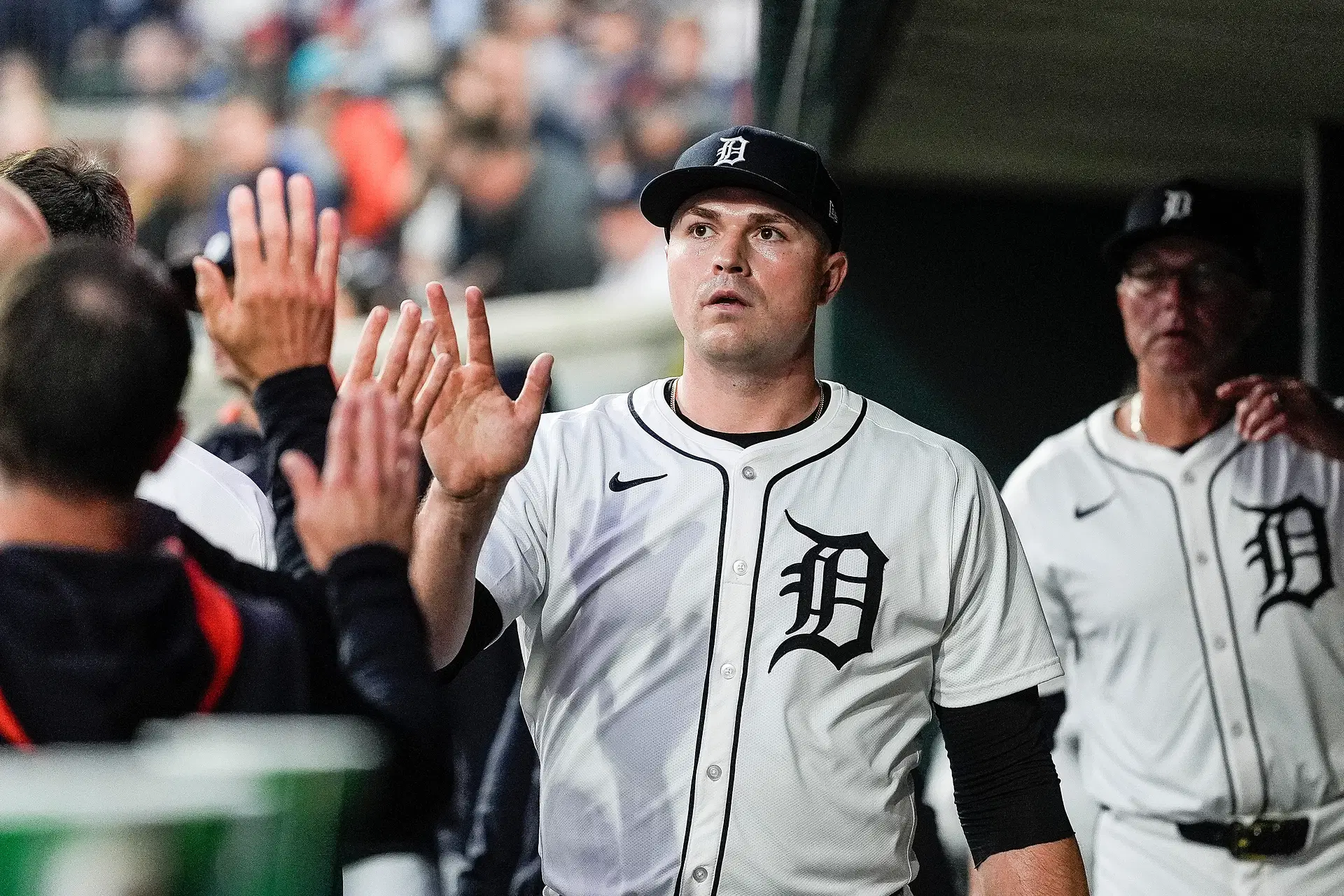The Giants’ Perfect Head Coaching Candidate Could Be Emerging
Monday morning brought the axe.
It didn’t matter that the New York Giants looked competent for three quarters against a powerhouse Detroit Lions team. It didn’t matter that they nearly scraped out a win that would have defied the oddsmakers. When the defense collapsed late, interim head coach Mike Kafka didn’t wait for the film session to make a statement. He fired defensive coordinator Shane Bowen before lunch.
This is a bold move. Kafka is handing the keys to outside linebackers coach Charlie Bullen—a guy he and GM Joe Schoen hand-picked—to run the defense for the remainder of the year. It shows decisiveness. It shows that Kafka isn’t just keeping the seat warm; he is trying to actually lead. Ownership has to be impressed by the backbone he is showing during a lost season.
But let’s be honest with each other.
Kafka is likely just a bridge. He is the caretaker trying to land the plane safely without crashing into the Hudson. If the Giants want to actually rebuild the airport, they need to look elsewhere this offseason. They need to look West.

The McVay Disciple Changing the Math
If you want to see the future of defensive football, watch the Los Angeles Rams.
Chris Shula is the name that should be circled in red ink on Joe Schoen’s notepad. He is currently the defensive coordinator for the Rams, but that title doesn’t really do justice to what he is pulling off. He has spent the last eight years incubating under Sean McVay. That isn’t just work experience. That is a PhD in modern football operations.
Shula isn’t just running a playbook; he is evolving it.
Look at what his unit did on Sunday night. They took a solid Tampa Bay Buccaneers offense and put it in a vice grip, allowing just seven points. It was a masterclass in discipline and scheme. But the score is the least impressive part of the equation. The context of
Doing More With Less
The Rams are not a defense built on premium assets. They are a defense built on coaching. Shula is operating with a roster that would make most coordinators break out in hives.
- He has four undrafted free agents in his starting lineup.
- He has only one first-round pick allocated to the entire defensive unit.
- He is getting elite production out of guys other teams didn’t even want to draft.
This is exactly what New York needs. The Giants have holes everywhere. They cannot fix this roster overnight with high draft picks alone. They need a coach who can take a Day 3 pick or a practice squad guy and turn him into a legitimate starter. Shula is proving he can do that on a weekly basis.
The Bloodline and the Question Mark
It helps that he comes from football royalty. As the grandson of Don Shula, the game is quite literally in his DNA. But he isn’t coasting on a famous last name. He has survived and thrived in the most demanding coaching environment in the NFL under McVay.
The only real question is the translation.
We know the system works. We know he can develop talent. The interview process needs to determine if he can lead a locker room when the cameras are off. Can he command the respect of a 53-man roster as the head honcho? Can he handle the New York media shark tank?
Mike Kafka is doing a noble job trying to survive the winter, but Chris Shula represents the actual spring. He is young, he is innovative, and he is doing more with scraps than most coaches do with feasts. If the Giants want to stop chasing the league and start leading it, Shula is the gamble worth taking.
Why Lions’ Aidan Hutchinson didn’t care about breaking Micah Parsons’ contract record

Week 12’s wild escape against the Giants left Aidan Hutchinson thinking more about lessons than style points. Detroit blew coverages, missed tackles, and still found a way to win 34-27 in overtime, a result Hutchinson called the mark of a good team that can survive “all the bad stuff” and still finish. At 7-4 heading into a Thanksgiving showdown with the Packers, the Lions are learning how to win ugly.
That same perspective carried straight into Hutchinson’s contract negotiations. As detailed by ESPN, his camp had a clear choice: take Detroit’s latest offer, heavy on guarantees but shy of Micah Parsons’ massive $47 million-per-year deal with Green Bay, or drag things out in an effort to nudge the market even higher. The second route would have meant public pressure, holdout noise, and likely trade chatter. Hutchinson wanted no part of that.
Agent Mike McCartney told ESPN the talks were sometimes frustrating but never hostile, with both sides committed to staying at the table until they were satisfied.
In the end, the Lions put down roughly $180 million over four years, with about $45 million per season in new money, a figure that trails only Parsons among non-quarterbacks while still locking Hutchinson into Detroit long term.
Hutchinson admitted he understands the unwritten responsibility stars have to push the market, but he was blunt about his priorities. Chasing an extra one or two million or insisting on topping Parsons’ number simply was not worth prolonging the process when he already knew where he wanted to be.
Parsons remains the financial and statistical benchmark. As ESPN’s Rob Demovsky noted, the Packers star has posted at least 10 sacks in five straight seasons, a streak topped only by Reggie White since sacks became official in 1982. That is the rarefied air Hutchinson now lives in competitively, even if he chose not to chase Parsons dollar-for-dollar.
In his mind, securing life-changing guarantees, avoiding drama, and staying exactly where he wanted to play mattered more than winning the headline battle. If the Lions turn this core into deep playoff runs, no one in Detroit will care that his contract came in just below Micah Parsons’.




